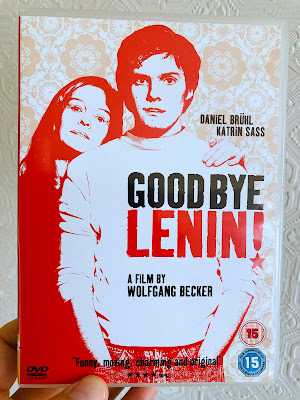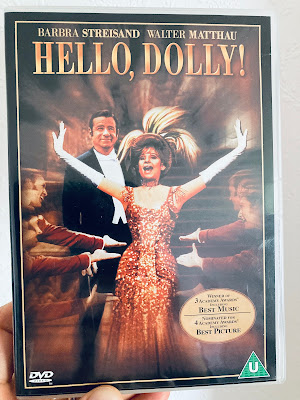Private intelligence agent Mallory Kane (a fundamentally miscast Gina Carano) is double-crossed by the people who recruited her, and has to go on the run.
Directed self-consciously by Steven Soderbergh, it has an excessive use of filters and intrusive “funky” music by David Holmes in place of dialogue. Plus, despite all the fighting (Carano was a mixed martial artist), most of the “action” scenes are surprisingly dull.
It’s remarkable that big names such as Michael Douglas, Ewan McGregor, Antonio Banderas and Michael Fassbender got themselves involved in such a clichéd mess. The script – what there is of one – is extremely poor. The plotting is confused. The complete lack of a character for the main part is conspicuous. Carano simply doesn’t have the screen presence or acting ability to carry off the lead role. She was better as a supporting character in The Mandalorian, except that Lucasfilm sacked her after she made anti-mask, pro-Trump statements.
There’s literally not one good thing about Haywire – that title bears no relation to anything in the story – except that parts of it are unintentionally funny. The worst film I’ve seen for quite a long time.


















